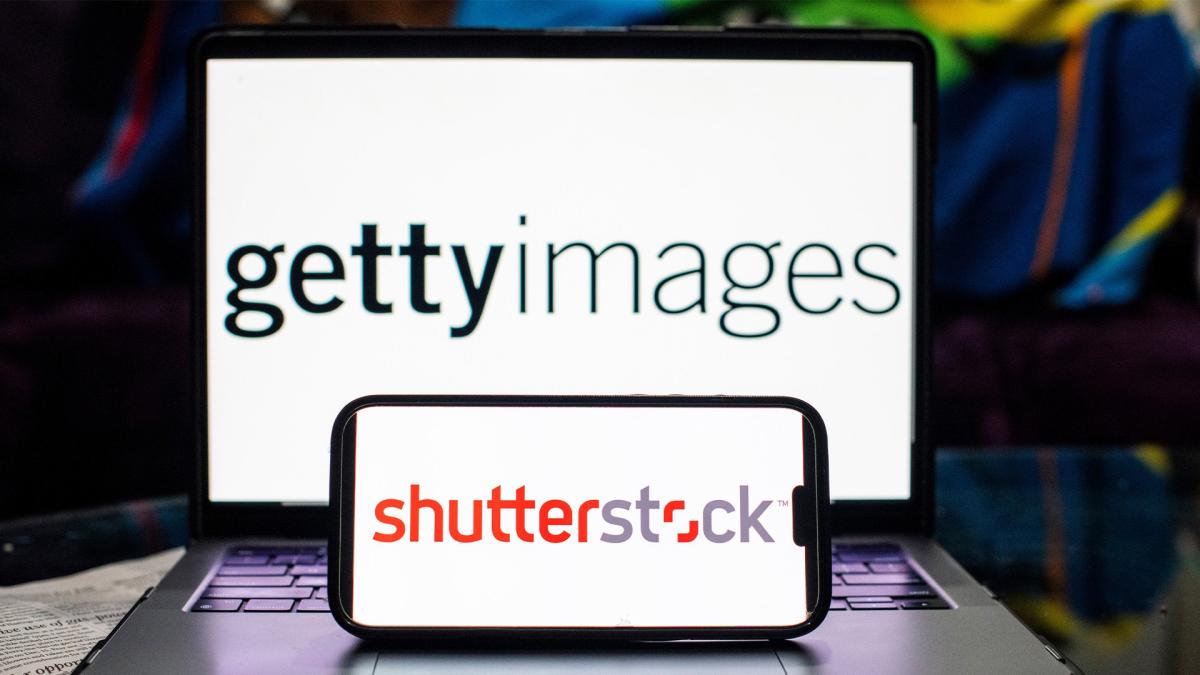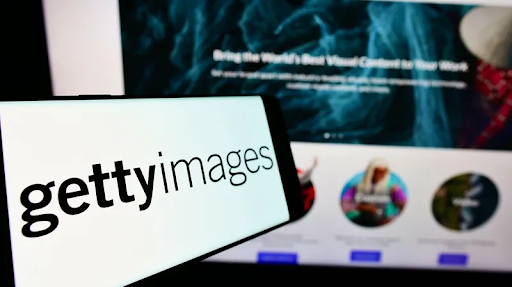On Tuesday, two of the biggest image agencies in the world, Shutterstock and Getty Images, announced their intention to merge, creating a massive force in the visual content industry.
The companies said in a joint statement that they want to combine their massive image platforms and save $150 million to $200 million over the three years following the merger. Getty Image Holdings, the new company’s name, will be valued at around $3.7 billion, the news statement stated.
“With the rapid rise in demand for compelling visual content across industries, there has never been a better time for our two businesses to come together,” said Getty Images chief executive Craig Peters.
“By combining our complementary strengths, we can better address customer opportunities while delivering exceptional value to our partners, contributors, and stockholders,” he added.
Read also: Getty Images Bans AI-generated Content
The merged companies will remain listed on the New York Stock Exchange as Getty Images Holdings.
Aims of the merger
The merger aims to boost investment in customer-facing technology, such as generative AI, 3D photography, and search capabilities, as well as in the production of original content and more extensive event coverage.
The merger will only be finalised with regulatory clearances, shareholder approval from both companies and the extension or refinance of Getty’s existing debt obligations.
Despite the market’s positive reaction to the merger news, both firms’ shares have experienced steep declines in the last year, with Shutterstock down 22 percent and Getty down 36 percent.
Paul Hennessy, the CEO of Shutterstock, said he was thrilled about the company’s plans to merge with Getty Images to improve its product offerings and grow its content collection. He emphasised the anticipated advantages for each company’s shareholders and customers, such as cost synergies, product innovation, and growth prospects.
“We are excited about the opportunities to expand our creative content library and enhance our product offering to meet diverse customer needs,” he noted.
“We expect the merger to create value for the customers and stockholders of both companies by capitalising on growth opportunities, driving combined revenues, accelerating product innovation, realising significant cost synergies, and improving cash flow. We look forward to collaborating closely with the Getty Images management team to complete the transaction and drive the next phase of growth,” he added.
Read also: HUGO BOSS And Adobe Partner To Drive 3D Innovation In Fashion
Details of the agreement
As part of the agreement, Shutterstock stockholders will get 319.4 million shares of Getty Images in addition to $331 million in cash.
Approximately 54.7 percent of the new company will be owned by Getty Images shareholders after the acquisition closes, and 45.3 percent will be owned by Shutterstock shareholders.
Getty Images CEO Craig Peters, six Getty Images-designated directors, and four Shutterstock-designated directors, plus Paul Hennessy, the CEO of Shutterstock, will make up the combined company’s eleven-member board of directors.
Mark Getty, the current chairman of Getty Images, which he co-founded in 1995, will have the role of chairman and Craig Peters will serve as CEO of the merged firm.
Before being private once more in 2008, Getty Images, a significant global supplier of stock photos, was first listed on the stock exchange in 1996.
The Getty family took over the company’s 51 per cent ownership from the private equity firm Carlyle in 2018, taking over a group burdened by the significant debt that the previous owners had accrued.
At the end of 2021, the agency made a comeback to the stock market in a transaction valued at approximately $4.8 billion.
The activist investment firm Trillium Capital made an unsuccessful deal to purchase the business in April 2023 for about $4 billion.

